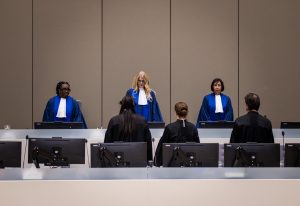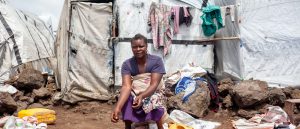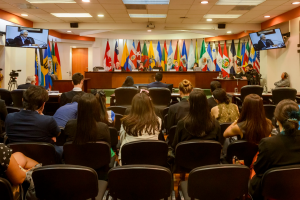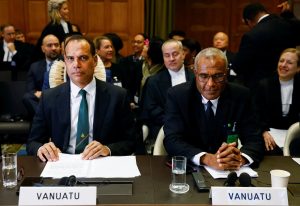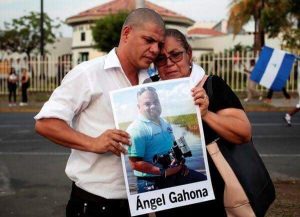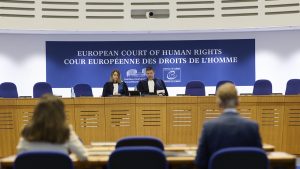By: Tiffany D. Johnson
Impunity Watch News Staff Writer
THE HAGUE, Netherlands – Judges at the International Criminal Court (ICC) have disqualified Chief Prosecutor Karim Khan from the case against former Philippine president Rodrigo Duterte, citing a “reasonable appearance of bias” tied to Khan’s prior representation of Filipino victims of Duterte’s anti-drug campaign. The Appeals Chamber’s ruling, issued on October 2 and made public on October 15, removes Khan from the ICC’s highest-profile active prosecution but leaves the case intact under Deputy Prosecutor Mame Mandiaye Niang.
Court spokesperson Fadi El Abdallah emphasized that “this disqualification has no impact on the case itself,” and that the Office of the Prosecutor’s work “continues to be led by the Deputy Prosecutor.”

Background
Duterte, who served as president from 2016 to 2022, was arrested in March under an ICC warrant alleging crimes against humanity for thousands of extrajudicial killings committed during his “war on drugs.” He has denied the charges, calling his arrest unlawful and maintaining that he is medically unfit to stand trial.
In August, Duterte’s defense team, led by Nicholas Kaufman, petitioned to disqualify Khan, arguing that the prosecutor’s prior legal work on behalf of victims before joining the ICC created a conflict of interest. Before his election as ICC Prosecutor in 2021, Khan had represented the Philippines Human Rights Commission and a group of victims in submissions identifying Duterte as a suspect. The defense argued this earlier advocacy rendered him incapable of impartiality.
Khan countered that his former representation created no conflict and urged the Chamber to reject the motion. The five-judge Appeals Chamber, however, unanimously ruled that a fair-minded observer could conclude there was a reasonable appearance of bias under Rule 34(1)(c) of the Rules of Procedure and Evidence, which bars participation by anyone whose prior functions could “adversely affect the required impartiality.”
Court’s Decision and Next Steps
The Chamber’s decision followed similar findings earlier this year, when Khan was ordered to recuse himself from the Venezuela investigation because of family connections to counsel for that government. Khan has also been on administrative leave since May pending an unrelated United Nations inquiry into alleged sexual misconduct, which he denies.
With Khan’s removal, the Deputy Prosecutor Niang—who has himself faced U.S. sanctions linked to the ICC’s probe of alleged war crimes in Gaza—will continue leading the Philippine investigation. The Office of the Prosecutor reaffirmed that the case “advances solely on the strength of independently gathered evidence,” including witness statements, cooperation from states, and information from civil society.
Significance
The disqualification of a sitting ICC Prosecutor from an ongoing case is unprecedented, raising questions about leadership ethics and institutional credibility. Yet the decision also demonstrates the Court’s willingness to apply its own impartiality standards rigorously, even at the highest level.
For victims of the Philippine drug war, the ruling provides reassurance that the proceedings will continue unaffected and that the Court remains committed to pursuing justice “impartially and independently.”
As the case moves forward under Deputy Prosecutor Niang, the episode underscores the ICC’s central challenge—upholding global accountability while preserving confidence in the integrity of those who prosecute it.
For further information, please see:
Al Jazeera – ICC/ Mame Mandiaye Niang, Will Now Replace Khan – Oct. 15, 2025
Rappler – Prosecutor’s removal from Duterte case has ‘no impact’ – ICC – Oct. 15, 2025

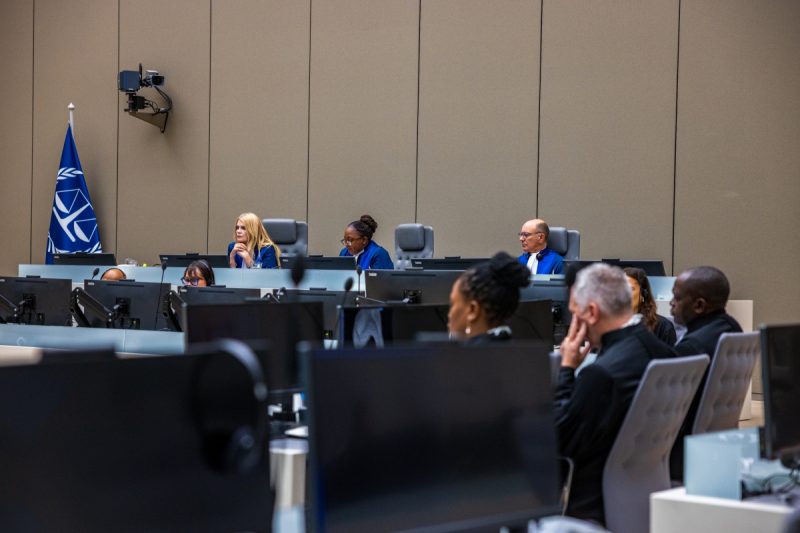
![From left, the heads of state of the three countries: Mali's Assimi Goita, Niger's General Abdourahamane Tchiani and Burkina Faso's Captain Ibrahim Traore [File: Mahamadou Hamidou/Reuters]](https://img-s-msn-com.akamaized.net/tenant/amp/entityid/AA1N98ke.img?w=768&h=525&m=6&x=1567&y=763&s=1220&d=251)

